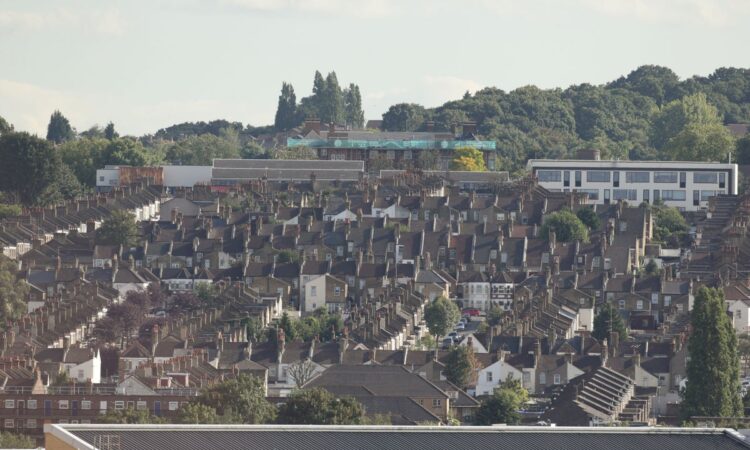
Homeowners who have acquired their properties in the last 20 years have enjoyed a substantial increase in value averaging around a £80,000 rise, new analysis has shown.
Data from Zoopla reveals that 60 per cent of individuals who purchased their homes within the past two decades have witnessed value increases of £65,000 or more, as house prices have soared by 78 per cent during this period.
But it’s not necessary to have owned a property for decades to benefit from significant price appreciation.
Almost half (48 per cent) of UK homes bought in the last decade have seen their value rise by more than £65,000, Zoopla reports.
In southern England, properties have experienced particularly pronounced gains over the past 20 years. Approximately 80 per cent of homes in areas like the Cotswolds and Richmond-upon-Thames have appreciated by more than £65,000 since their last purchase, according to the analysis.


Izabella Lubowiecka, a senior property researcher at Zoopla, said: “Millions of UK homeowners are sitting on tens of thousands of pounds in property value gains since they moved into their current home, despite recent falls in house prices.
“While house prices in London have either declined or grown modestly in recent years, certain areas like Richmond have performed much better.
“In the North West, Trafford has experienced similar growth, partly due to its proximity to Manchester and its appeal to families seeking to move out of the city.
“For many, these significant capital gains provide essential financial support for their next home move.”
It comes after a separate research report from the Fairness Foundation found the wealth gap between the richest and poorest in the UK soared by nearly 50 per cent in less than a decade.
New polling for the charity found three in four voters are concerned about the impact of wealth inequality in Britain.
Sir Keir Starmer has been urged to mitigate these risks in an open letter signed by dozens of academics, charity and business leaders.
Polling of more than 2,000 people by Focaldata in July found that 78 per cent were worried about wealth inequality in Britain, with the greatest levels of concern centred on the impacts on crime, the cost of living, housing and health.
